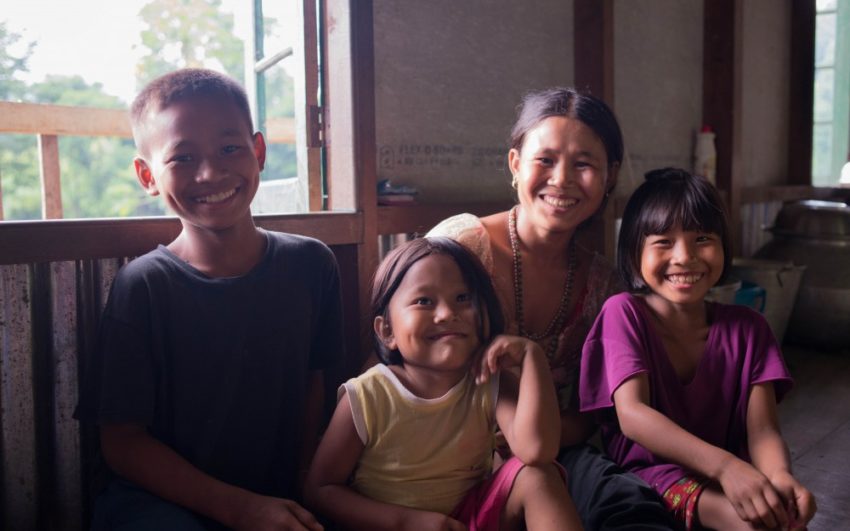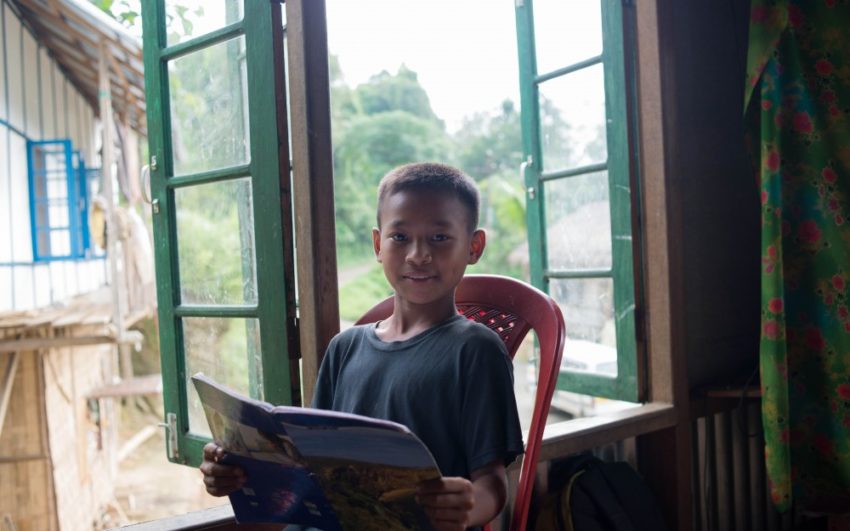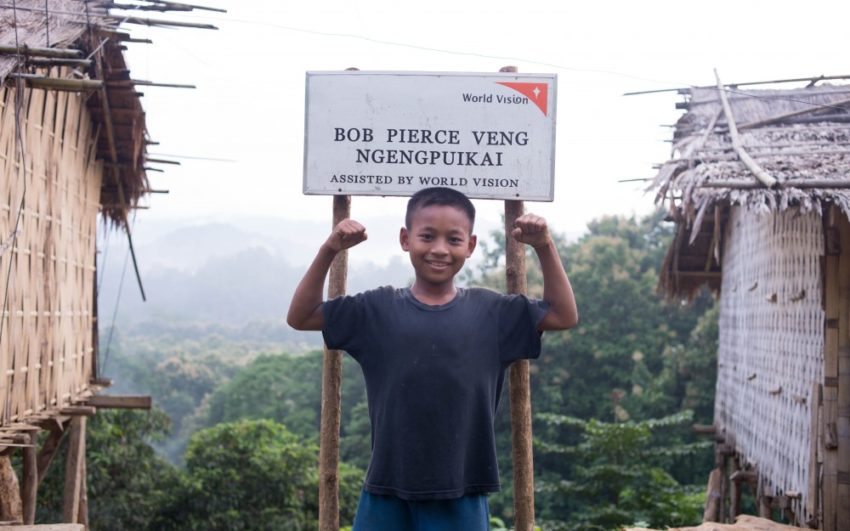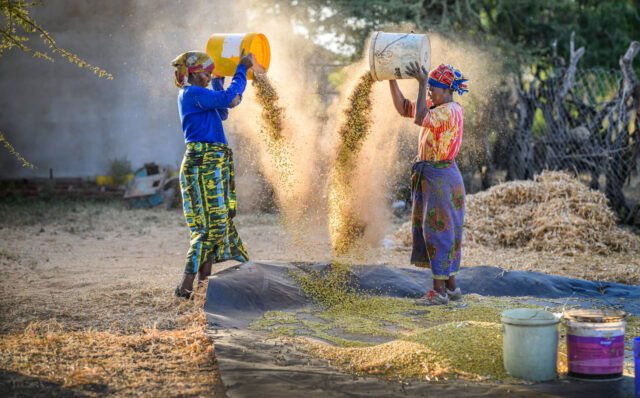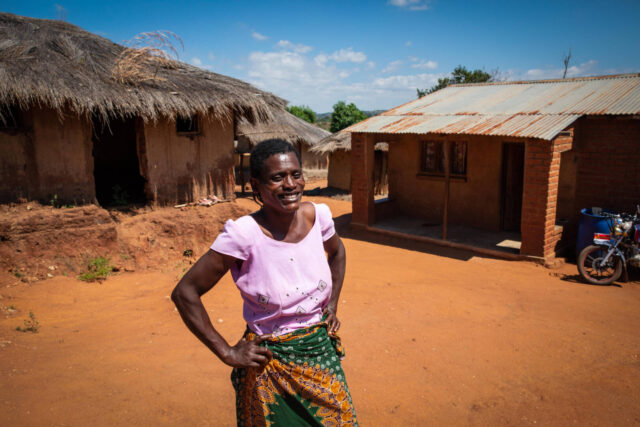This story was sent to me by Alfred Ling, a World Vision colleague in India, and it is a wonderful example of how God is using us all over the world to set modern-day slaves free and bring hope to the hopeless in Jesus name.
It also has a surprise ending that especially blessed my heart. Read the story first, then look through the pictures or you will spoil the surprise!
Ismael is 11 years old and in the second grade. This may not seem like an extraordinary feat to you and me. But for Ismael and his mother, Lalrinchhani, a 29-year-old shopkeeper in World Vision’s Chhimtuipui sponsorship project in Mizoram, India, it is nothing less than a miracle. You see, Ismael and his mother are Brus, and for years the people of the Bru tribe were treated as little more than slaves.
The Brus migrated from Bangladesh to the Mizoram area in India, and as is often the case with immigrant workers, they could only survive by working the land for next to nothing. Poor, landless, and uneducated, they were considered backward and of little value by other tribes, and they were often taken advantage of by those in power. And there was little hope for the next generation.
“I started working in the field when I was 10 years old,” remembers Ismael’s mother with a sigh.“The landowner would force me to work beyond what I could manage.”
Ismael also began his life working in the fields of Ngengpuikai, one of the hamlets of Chhimtuipui. “I have no happy memories from when I was little,” he says, referring to his family’s time living under the landlord as slaves.
When World Vision India came to Chhimtuipui, they saw the need to address the plight of the Bru tribe, who could only survive as bonded laborers.
‘Land for the Landless’ economic empowerment project is born
“We provided land for 65 Bru families who were previously working as slaves, and now they have homes of their own,” says Meren, the World Vision program manager in Chhimtuipui. “We called this initiative the ‘Land for Landless’ project.”
In 2012, World Vision built houses for the poorest of the poor throughout Chhimtuipui. Ismael’s family was one of them. In addition to that, his mother, Lalrinchhani, received a small business loan that allowed her to start her own shop. Today she earns about US$15 per day through her shop.
“Without World Vision intervention, we would still be working as slaves, toiling hard in the fields with little earning. But through the profit of my shop, I am now able to send my children to English Medium school. We can also afford to avail services from the hospital when they fall sick,” Lalrinchhani rejoices.
“My daddy wants me to become a doctor,” adds Ismael, with enthusiasm in his eyes.
Ismael’s father, Lalhmangaiha, is a day laborer who earns about US$5 a day. But because of World Vision, he now dares to believe that his son will have a different life and grow up to do great things.
“Ismael will be a beacon of light in the darkness by treating the needy and the sick,” his father says proudly. “He will be a blessing for the poor.”
“Since the Land for Landless project was completed, there has been a serious boost in the level of morale and confidence amongst the Bru tribe,” says Samuel, a World Vision community development coordinator. “They can talk to us, looking at the eye with poise, and raise questions.”
After the people got to know World Vision and saw all that we were doing for them, they decided to name their village Bob Pierce Veng (village) in order to pay their respect and gratitude to the founder of World Vision.
My father would be honored.
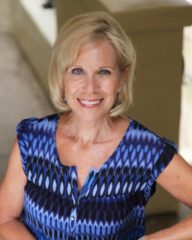
Marilee Pierce Dunker travels the world as an ambassador for World Vision, the organization her father, Bob Pierce, founded in 1950. Like he did, she shares stories, pictures, and personal reflections, bearing witness to the extraordinary ways God is using his people to share the gospel and care for the poor.
Visit World Vision’s Speakers Bureau site to request Marilee or another World Vision speaker to present at your upcoming event.
